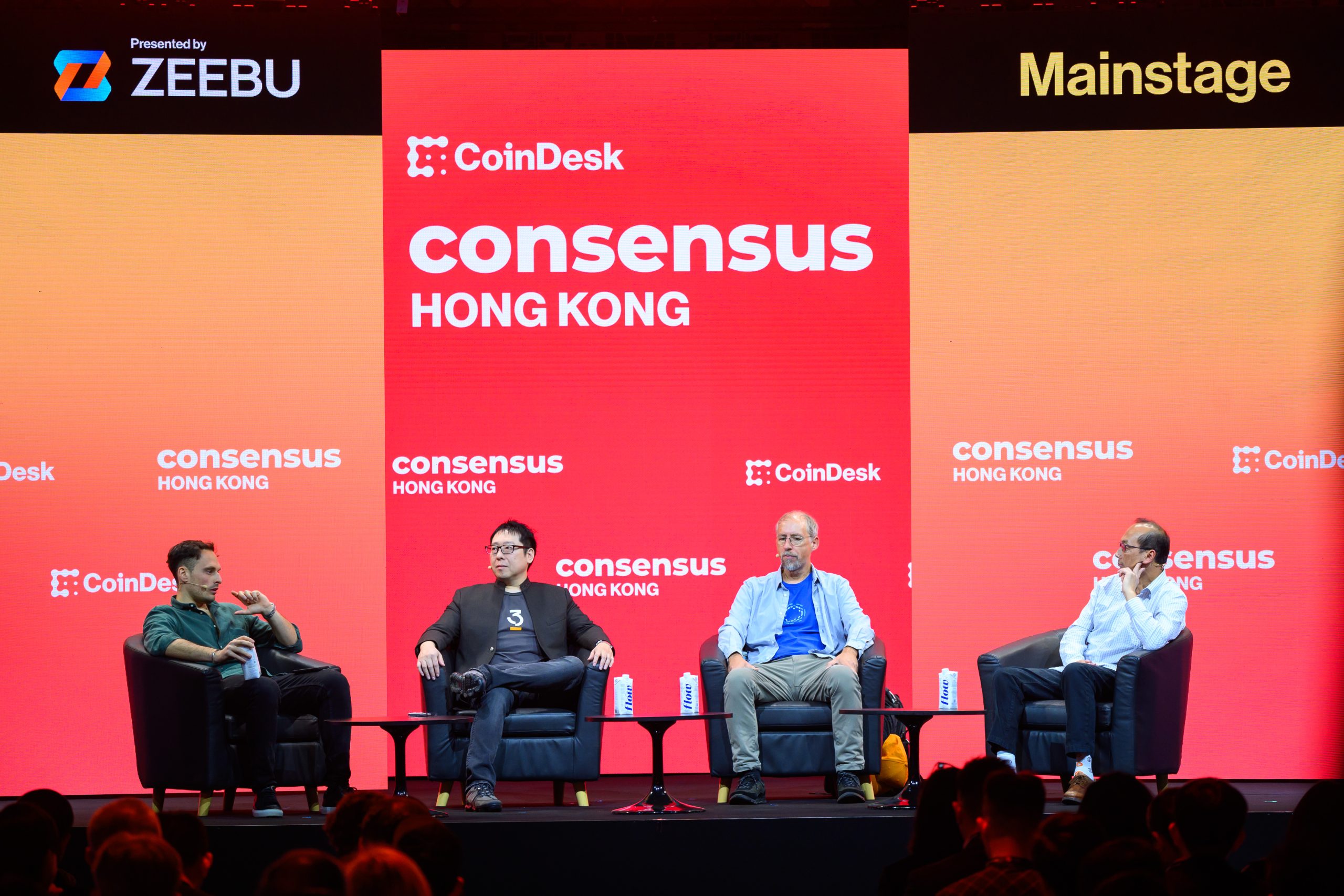There is an old African proverb that translates as “it takes a village to raise a child”. It may have been invented as a child-rearing philosophy, but in pulling together the constituent parts of a successful event, the same adage applies. From audiovisual and tech companies to transportation providers, caterers to set designers, freight forwarders to entertainers, and venue owners to contractors, the list of suppliers needed to bring an event, conference, exhibition or seminar together can grow longer than expected, very quickly.
Event organisers often look to simplify the process by hiring an event management company that can look after every aspect of the event. The alternative – choosing individual companies to handle the different aspects – can seem like a daunting task, but also has the potential to give companies and event planners more control over the end product, and potentially the ability to cut costs. Finding the right approach for every event and understanding the business of different types of suppliers is key to knowing what to take on and what to outsource.

Qualifications
Not every category of suppliers has specific industry requirements, which can make the selection process a difficult one to approach. Word-of-mouth referrals, asking a supplier for references, and working with the venue to go through a reputable company are all relatively safe ways to start out. However, there are also associations in many countries [see sidebar] that can point event organisers in the right direction. Member companies, generally searchable via an exhibition and conference association’s website, are most likely those that stand out among their competitors. Those not affiliated with their respective industry association or larger geographic trade organisation, while not necessarily a bad seed, should be interviewed carefully and researched more extensively.
In the US and in certain countries in Europe, ISO 9001 and OHSAS 18001 certifications are given out to denote a company’s adherence to labour practices, health and safety standards, and industry knowledge. In Asia, however, that trend is only beginning to take root. The Kuala Lumpur Convention Centre, which launched a Preferred Supplier Programme in March last year, does take these certifications into account for some categories of suppliers and has a stringent process of review to ensure each and every company meets internationally approved standards.
Peter Brokenshire, the centre’s general manager, says: “The Preferred Supplier Programme covers exhibition suppliers, video suppliers, sound system suppliers, lighting system suppliers, freight forwarders and interpretation system suppliers.”
While this limits the choice in these particular categories, the list of companies available to choose from also ensures that creative and technical services businesses are up to snuff. Brokenshire explains that in order to be considered, companies “must be certified to ISO 9001 and OHSAS 18001; must be affiliated with the respective industry association such as MACEOS [and] IELA; have their own professional technical crew or qualified experts relevant to the services provided, such as lighting or décor; and must be able to deliver their services within the quality standards and time frame as stipulated by the Centre”.
A relative first in the industry, the centre’s programme sets a benchmark that should be looked at as a guide for other venue operators and those looking to go through the supplier selection process alone.
If there was a time to do it alone, now might be it. With the full effects of a global economic downturn being felt by one and all, suppliers are more willing than ever to work with end-user clients for business.

Pick and mix
With companies wanting to take control of their budgets and more of the details of their events, in-house event organisers are well positioned to approach supplier selection by themselves.
Ben Taylor, SVP and MD, Jack Morton Hong Kong explains: “Third-party suppliers, for the most part, are hungrier for business [and are] looking for smarter ways of doing things that will provide cost savings.” With a like-minded approach to accomplishing the same goals, relationship management with suppliers may be easier now than it has been for many years. He also notes that as hotel occupancy rates are down, large groups can, on their own, negotiate rates comparable to what only large event companies or travel agencies used to be able to orchestrate.
A simple, logical approach to event suppliers starts with assessing the event itself. Is this a small retreat for the Board for which one or two people can handle the logistics?
In that case, the supplier list is much smaller and more manageable. But, should the event be an annual global sales conference, deciding what to tackle in-house and what to outsource to an event management company is a more complicated task.
In general, one of the more manageable aspects of an event is that of the guest list. Whether planning an event for employees, clients or industry players, keeping track of who will be in attendance, meal preferences, and any special requests that can be tracked through emails or the return of a registration form cut out a middle man quite easily.
In addition, payment collection should be handled internally, as should the establishment and maintenance of relationship with any sponsors, partners and other affiliates of the event. Suppliers do the work the company cannot, but more personalised aspects of the event should still receive a personal touch.
In that vein, decisions on caterers, set designers, entertainers and speakers can and should be managed by the in-house or company’s hired event organiser. The soul of the event is the most important contributor to its overall success, so someone close to the organisation itself should be in charge of these components.
Hands-off approach
For more technical aspects of an event, like AV setup, IT support, freight forwarding and the like, event management companies do come in handy. But if cutting out the middle man seems easier, then making sure the designated representative understands the qualifications necessary in each field – and that the supplier hired has the relevant experience handling similar events – is essential.
One of the biggest positives in hiring an event management company is the ability to outsource the stress of event planning to someone else. While an event organiser takes charge of the company’s internal decisions, the agency handles the details, and the hiring of suppliers. A reputable event management company generally has established relationships with suppliers of every type, knows the industry qualifications, and carries more clout with suppliers as they use them over and over.
Explains Culsin Li, general manager for Hong Kong and China at e21 MagicMedia: “If any company wants to outsource an entire event to [an agency], that agency needs to have a full team with all necessary expertise to carry out every task. An EMC is able to provide full spectrum of services.” And, he says, outsourcing the entire project to a management company does have some significant advantages.
One is minimising the operational burden on the company hosting the event. Putting one point person in charge of checking in and updating the event management company takes less of a toll on company staff hours and stress levels. Additionally, hiring a single event management company offers local knowledge of suppliers which is a critical factor for an event being held in a foreign country. Event management companies, says Li, are “a one-stop shop”, making them the ideal go-to guys for complex events.
With the global economy still uncertain and with companies big and small looking for a way to gain more business and accomplish the same goals for less money, the issue of expense is not really what organisations should focus on when deciding whether or not to manage their own list of suppliers, or ask a venue’s team or an event management company to handle it for them. Instead, the issues of manpower, knowledge of the specific requirements of the event, how individual suppliers fit into that puzzle, and what type of experience they have are paramount.
The general rule of thumb is that smaller events are more manageable, and unless a company has a dedicated in-house team, larger events are best left to the experts to avoid the hassle and the potential for a crisis situation.
Regional Associations
The Exhibition & Event Association of Australia, www.eeaa.com.au
The Hong Kong Exhibition and Convention Industry Association,
Singapore Association of Convention & Exhibition Organisers,
International Congress & Convention Association,
Malaysia Association of Convention and Exhibition Organizers and Suppliers,
International Exhibition Logistics Associates,
TOP TIPS
A checklist when looking for suppliers, according to Culsin Li of e21 MagicMedia
• Industry Knowledge – Make certain the supplier has the necessary expertise, knows the event requirements as well as your expectations, and is capable of making valuable recommendations.
• Price – No matter how good or highly recommended a supplier comes, the price must be competitive, reasonable and worth what you pay.
• Flexibility – It is a dynamic market, there are a lot of deadlines and last-minute changes in any event. A supplier must always be flexible to cater to the situation.
• Track record – Coming to the table with a track record of successful, similar projects will immediately establish trust in the working relationship between supplier and event organiser.
• Referral – Word of mouth and referrals are powerful when choosing a supplier. Ask others in a similar field who to approach and who to steer clear of.
• People – Event production in any capacity is a labour-intensive industry. Therefore, an experienced team is critical. Whether as a supplier or an event management company, skills and expertise are critical to the success of an event.
• FAQ – Talk to the supplier about crisis management and their operating procedures in that situation. Because there are so many moving parts, the team working for your event must be able to switch gears quickly.


